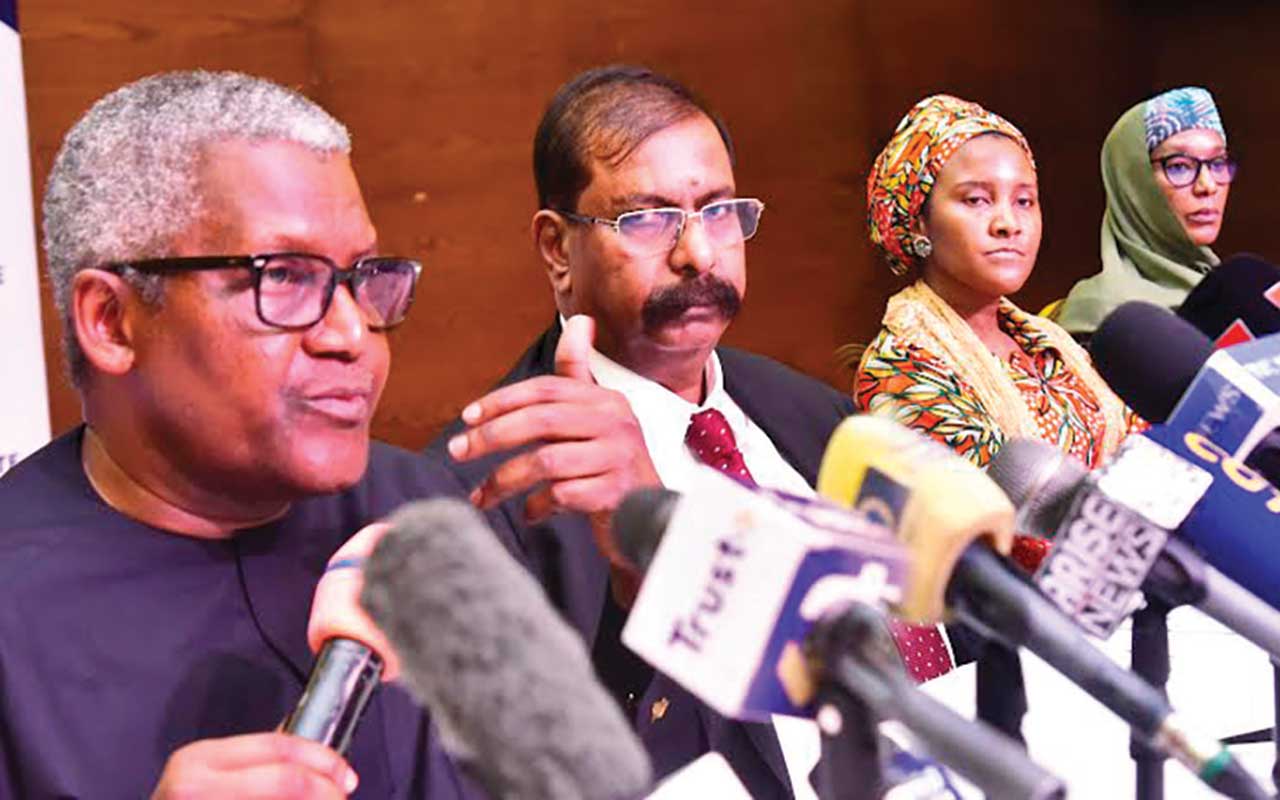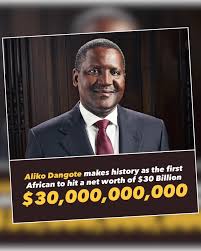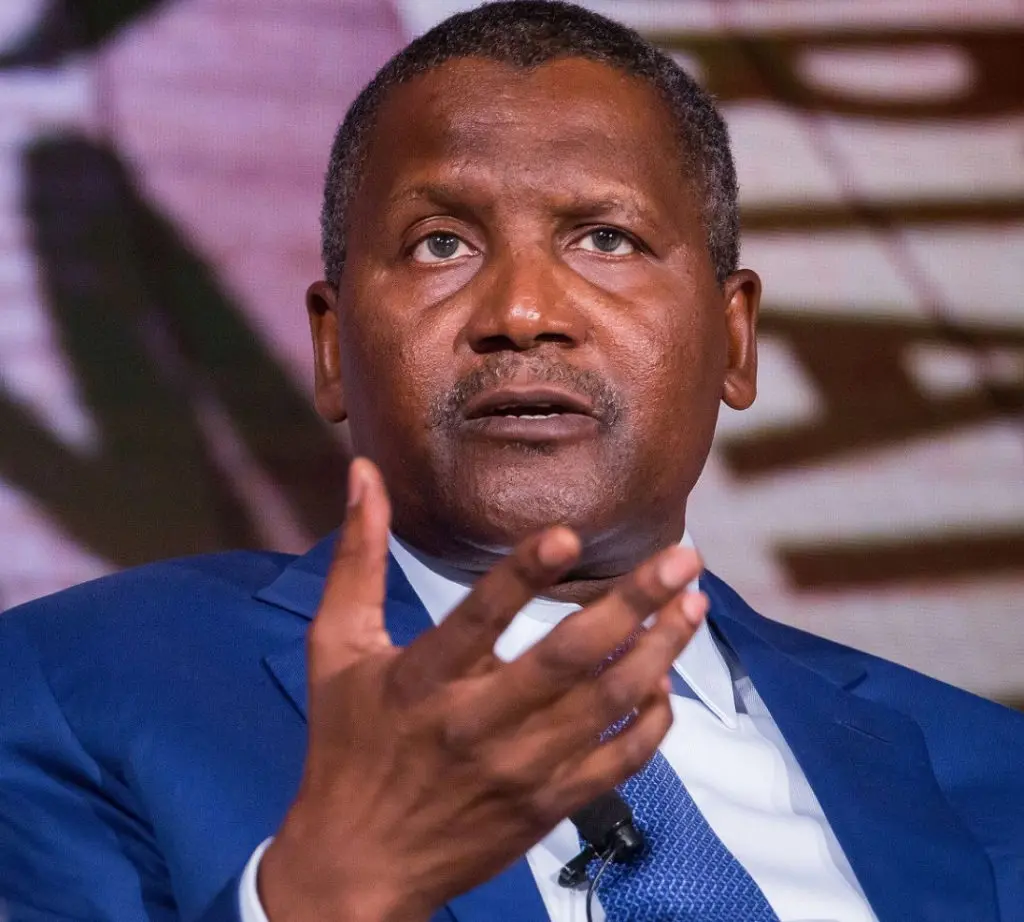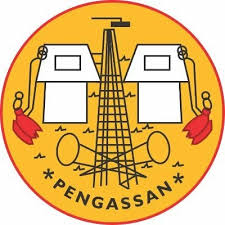Cooking Gas Crisis: PENGASSAN Strike Blamed as Prices Skyrocket, Nigerians Face Soaring Costs and Scarcity
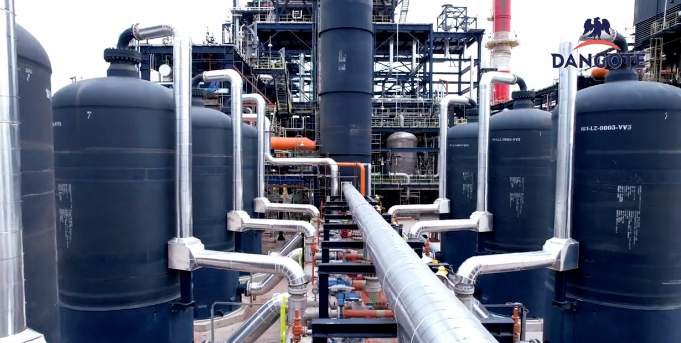
The Petroleum and Natural Gas Senior Staff Association of Nigeria (PENGASSAN) has taken severe internal disciplinary action, dissolving the branch executive councils of the Nigeria Gas Infrastructure Company Ltd (NGIC) and the NNPC Gas Marketing Limited (NGML). This drastic measure followed the alleged “inability” of the executives to completely shut down gas supply to the Dangote refinery during a recent nationwide strike initiated by the association.
The PENGASSAN strike, which commenced on September 28, directed its members to reduce gas production and supply to the Dangote refinery. This industrial action was launched in protest against the mass sacking of Nigerian workers at the Dangote Refinery. The strike lasted for two days and was ultimately suspended on October 1, following a crucial intervention by the federal government.
In response to the dissolution, the NGIC/NGML congress members appealed to PENGASSAN’s national leadership to “reconsider its decision” and “kindly drop the allegations of collusion and acceptance of monetary gifts from NGIC/NGML Management to prevent the shutdown.” They argued that such serious allegations, if continued to be spread, could tarnish the image and integrity of the executives, calling for a fair hearing if any evidence of sabotage existed.
The congress members explained the challenges they faced in attempting a complete shutdown. They stated that while they managed to close some valves along the line, and the inlet from OB3 to the line through Oben, a total cessation of gas supply proved impossible due to external factors. These included the continued injection of gas from producers to the Escravos-Lagos Pipeline System (ELPS) and a heavy presence of military personnel, which often outnumbered their members. They clarified that no executive ever claimed a 100% shutdown, only expressing hope that pressure would drop.
Despite the PENGASSAN directives, Dangote Refinery asserted that its operations were not disrupted “for a second” during the two-day strike. The company released a lengthy appreciation statement, commending President Bola Tinubu and other federal government officials for their “tireless intervention” that led to the abatement of the strike actions. Specifically, Nigeria’s Security Chiefs, including the National Security Adviser Mallam Nuhu Ribadu, the Director General of the Department of State Security Mr. Adeola Toyin Ajayi, and the Director General of the National Intelligence Agency Mr. Mohammed Mohammed, were acknowledged for their efforts.
The refinery also lauded its loyal workers, crediting their “unalloyed allegiance” for ensuring continuous operations amidst provocative and inciting comments from detractors. Dangote Group reiterated its significant role as Nigeria’s largest private employer of labour and a major contributor to the nation’s tax revenues, emphasizing the strength derived from its dedicated people.
Vice-President Kashim Shettima also weighed in on the dispute, asserting that “Nigeria is greater than PENGASSAN.” Speaking at the Nigerian Economic Summit 2025 in Abuja, Shettima underscored the critical importance of the 650,000-barrel-per-day Dangote Refinery, describing the $20 billion facility as a national asset that “must be supported at all costs to succeed.” He appealed for caution, retrospection, and patriotism from both labor and the organised private sector, stressing the need to protect Aliko Dangote as an institution for the sake of Nigeria’s economic future.
The industrial action had immediate economic repercussions, particularly for consumers. The Nigerian National Petroleum Company Limited (NNPCL) Group Chief Executive, Mr. Bayo Ojulari, attributed a recent surge in cooking gas prices to a “temporary disruption” in loading and distribution during the PENGASSAN strike. He explained that the industrial action halted operations for several days, creating an “artificial” spike in prices, with movements and loading delayed by about two to three days.
Furthermore, the nationwide strike incurred significant national losses beyond cooking gas prices. Ojulari revealed that Nigeria lost over 200,000 barrels per day (bpd) of crude oil production, estimated at approximately $39.6 million (N57.4 billion) over the three days the strike impacted operations. Gas production and electricity generation were also significantly affected, underscoring the broad economic consequences of the industrial action.
The public experienced severe hardship, particularly in Lagos, where cooking gas prices skyrocketed to between ₦1,700 and ₦2,300 per kilogramme, with a 12.5kg cylinder costing ₦24,000 or more in some areas. Long queues resurfaced at gas stations, sparking widespread outrage and lamentations across social media. Frustrated Nigerians criticized PENGASSAN for “playing politics” and the ruling government for compounding economic woes, leading some to revert to traditional cooking methods like ‘kolo pot’ and charcoal due to the unbearable situation.
Amidst the public outcry and rising prices, NNPCL’s Ojulari offered assurances that cooking gas prices were expected to ease as supply chains stabilize and distribution returns to normal. He also pointed out that some retailers might have exploited the temporary supply disruption to inflate prices, expressing confidence that prices would return to pre-strike levels once stability is fully restored.
You may also like...
Digital Portfolios Are the New Business Cards; Here’s How to Build One That Gets Seen

In today’s digital-first economy, your online portfolio is your handshake, résumé, and elevator pitch rolled into one. H...
Career Pivoting: Why Changing Paths Might Be the Smartest Move You Make

In a world where stability often overshadows fulfillment, career pivoting may be the smartest move for professionals se...
Why Your First Failure Might Be the Best Thing That Ever Happened to Your Business

Failure isn’t the end of entrepreneurship, it’s the education success never gives. Here’s why your first business collap...
Consumerism vs Culture: Is Africa Trading Values for Trendy Lifestyles?

Is Africa trading its cultural values for trendy lifestyles? Explore how consumerism, foreign brands, and social media p...
The War on Boys: Are African Male Being Left Behind in Gender Conversations

Why are African boys and men often left out of gender empowerment programs? Explore how emotional suppression, lack of m...
Pay Slip, Motivation Slips: The Silent Crisis Among the Working Class

Across Nigeria, millions of workers are trapped in jobs that pay just enough to survive but too little to live. Beneath ...
Premier League's Unsung Heroes: Bournemouth, Sunderland, and Tottenham Shockingly Exceed Expectations

This Premier League season sees teams like Bournemouth, Sunderland, and Tottenham exceeding expectations. Under Thomas F...
El Clasico Fury: Yamal Controversy and Refereeing Blunders Ignite Post-Match Debates
)
Real Madrid secured a 2-1 El Clasico victory over Barcelona amidst significant controversy surrounding a late penalty de...
